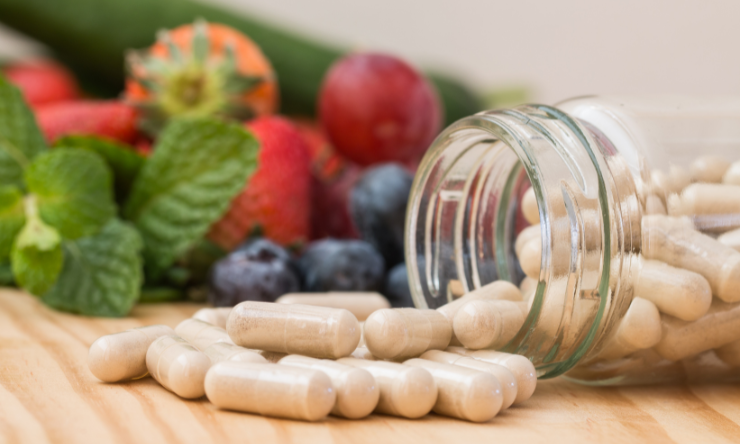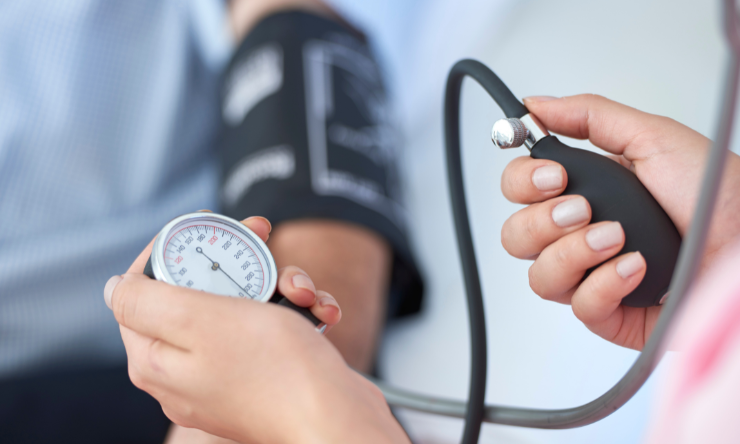Share
Indisputably, the only proven factor to prevent worsening and treatment of glaucoma is the reduction and stabilisation of intraocular pressure (IOP). Eye care health professionals and patients alike, are focused on determining strategies to reduce IOP levels and minimise fluctuations. The projected number of individuals suffering from glaucoma is 79.6 million worldwide.

Intraocular pressure (IOP) is sensitive to caffeine intake and physical exercise. However, the combined effect of caffeine intake and physical exercise prior to this study was unknown. Previous research has supported the positive effects of low-intensity physical activities (cycling, jogging, and swimming) for the management of glaucoma, since it induces a reduction in IOP values.
Within the field of sports and nutrition, the consumption of caffeine prior to exercise is a long implemented practice to enhance physical and cognitive performance.
This recent study conducted by the University of Granada and published by the Royal Australian and New Zealand College of Ophthalmologists (RANZCO), aimed to assess the effects of caffeine consumption before exercise on the IOP behaviour during low-intensity endurance exercise.
For the research, participants performed 30 minutes of cycling 30 minutes after ingesting 4 mg of caffeine. The placebo group did not consume any caffeine. This was done over 2 different days. Eye pressure was measured at baseline (before caffeine/placebo ingestion), after 5 minutes of warm‐up, during cycling (6, 12, 18, 24 and 30 minutes) and recovery (5 and 10 minutes) by rebound tonometry.
Participants that ingested caffeine prior to exercise, showed consistent increases in IOP values at 12, 18, 24 and 30 minutes of cycling in comparison to the placebo condition. The ingestion of caffeine 30 minutes before performing low-intensity endurance exercise showed to counteract the IOP-lowering effect of low-intensity exercise.
It is believed that the study has illustrated conclusive evidence that the intake of caffeine before a low-intensity endurance exercise should be discouraged when the physical activity has been specifically prescribed to reduce a patient’s IOP levels.
Overall the consumption of caffeine leads to an acute IOP rise in both those with glaucoma, and healthy populations. Caffeine intake should therefore be limited or avoided by individuals at high risk of glaucoma onset or progression.
Reference
Vera, J, Redondo, B, Bardón, A, Pérez‐Castilla, A, García‐Ramos, A, Jiménez, R. Effects of caffeine consumption on intraocular pressure during low‐intensity endurance exercise: A placebo‐controlled, double‐blind, balanced crossover study. Clin Experiment Ophthalmol. 2020; 48: 602– 609.



